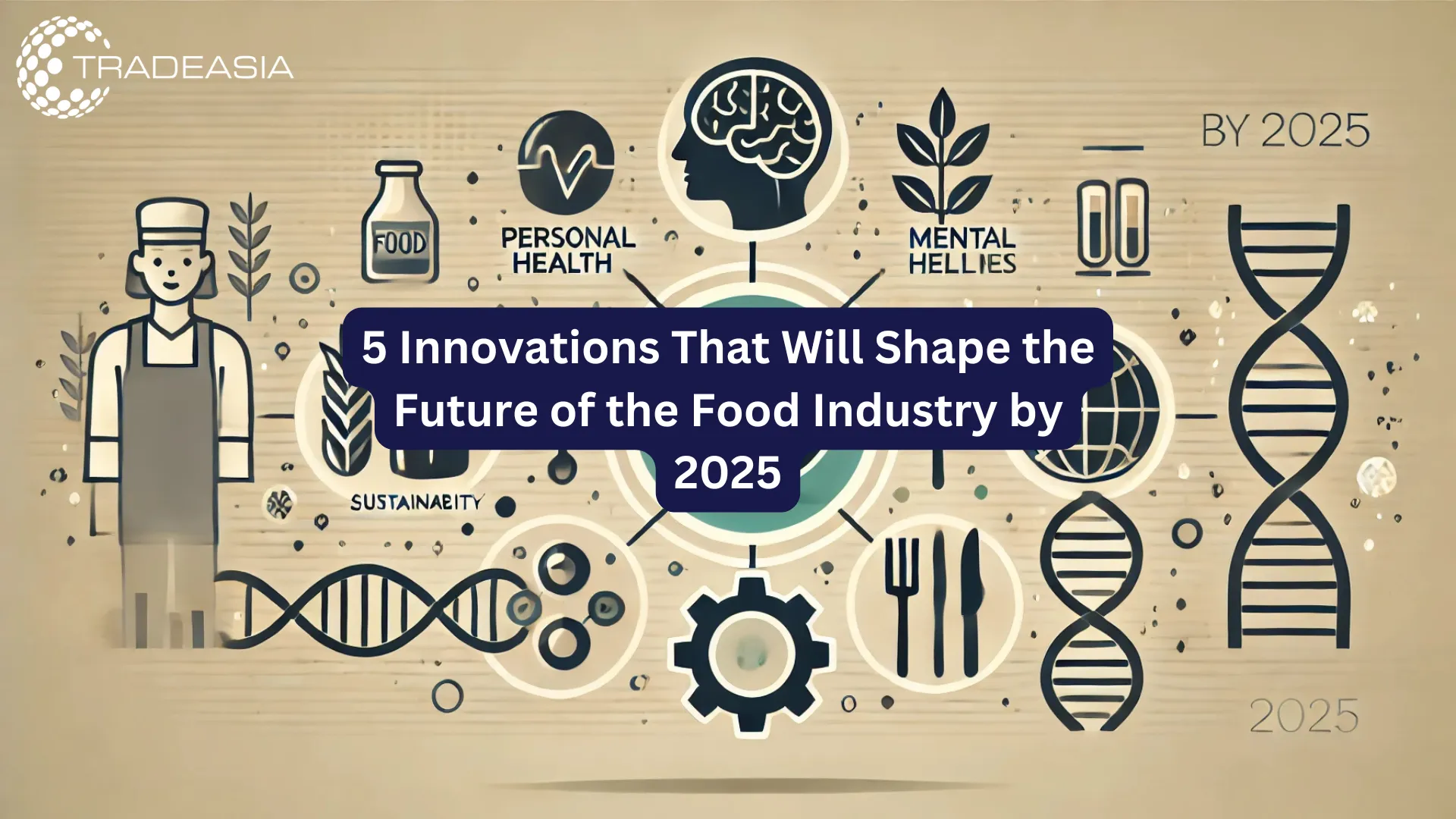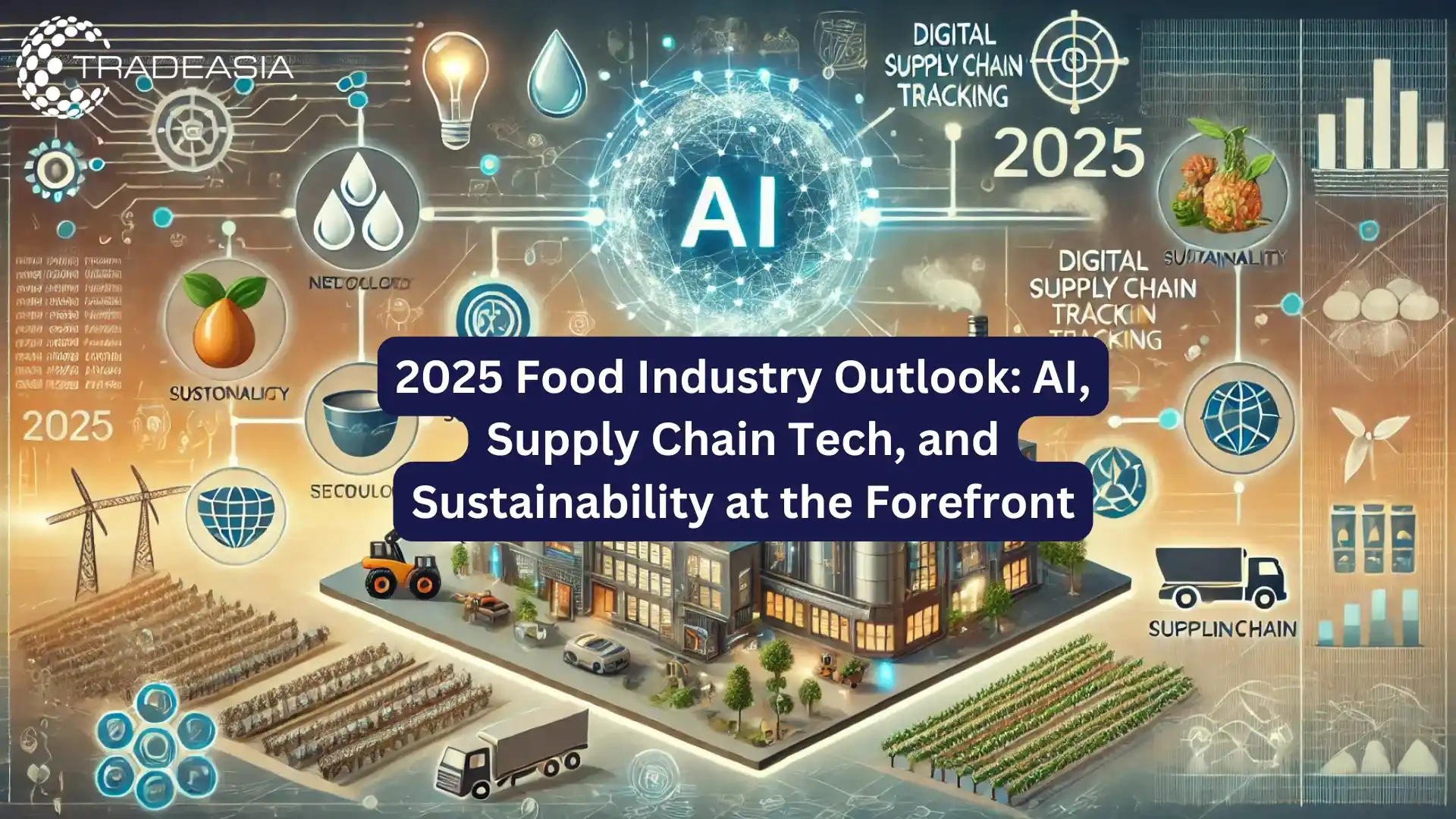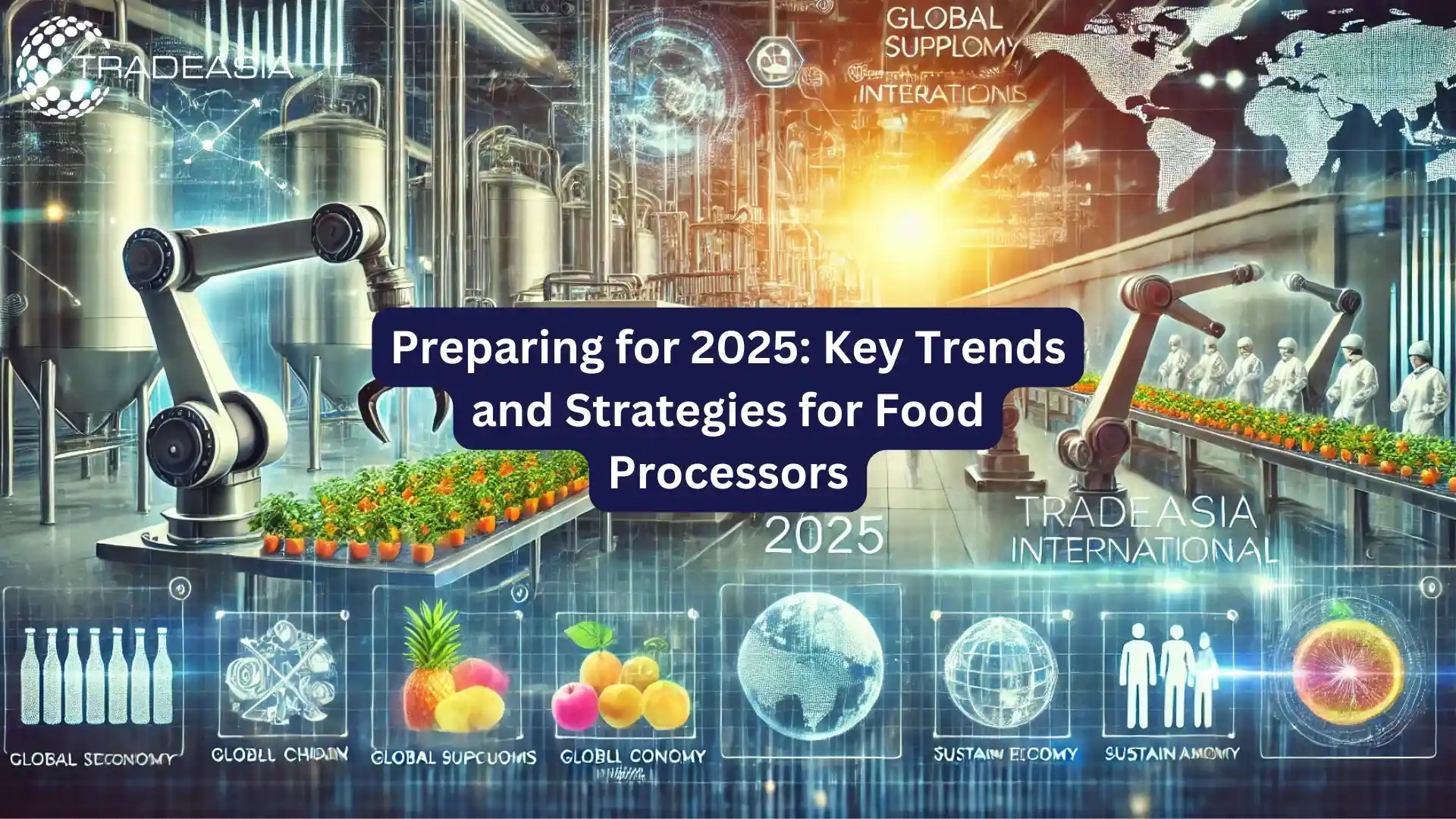As the food industry moves toward 2025, several innovations are expected to dramatically reshape how products are produced, marketed, and consumed. The industry will see a focus on nutrition, the mental health connection, sustainable sourcing, and tech-driven production methods. Let’s dive into five key trends that will define the sector:
Emphasis on Personal Health and Wellness
With the rise of weight-loss drugs like Ozempic, food is increasingly viewed not just as sustenance but as medicine. This trend is pushing food brands to prioritize key nutrients such as proteins, fibers, and micronutrients that align with consumer health goals. According to Mintel's 2025 report, products will cater to consumers seeking low-glycemic options, especially those conscious of their blood sugar and hormonal health
Mental Health and Food
The link between food and mental health is gaining significant attention. Brands are incorporating messaging that highlights food’s role in managing stress, anxiety, and mood disorders. This trend is part of the broader movement to destigmatize mental health issues. Mental health-focused food products, like those marketed with adaptogens or other mood-boosting ingredients, are set to become mainstream
Sustainability in Food Sourcing
With frequent disruptions in global supply chains, companies are being forced to rethink how and where they source their ingredients. The trend towards more localized sourcing is gaining ground, with regions like Algeria and Peru becoming key suppliers. Companies like Tradeasia International are leading the way in adapting to supply chain disruptions by diversifying their ingredient sources and promoting sustainability. This approach not only provides resilience in the face of disruptions but also appeals to the growing demand for environmentally conscious products.
Tech-Driven Food Production
The adoption of advanced technologies in food production is on the rise. AI, data analytics, and automated systems are being integrated into supply chains to ensure efficiency and meet consumer demands for high-quality, nutritious foods. The hybrid harvests trend reflects how technology can solve problems related to food production, such as addressing shortages and enhancing flavor profiles.
Customized Eating Experiences
Personalization is another significant trend. As consumers seek more tailored solutions to meet their specific dietary preferences and health goals, brands are offering customized food products based on personal data, from DNA insights to lifestyle habits. These innovations promise to provide consumers with products that are not just nutritious but also aligned with their individual health and wellness needs.
These innovations underscore the convergence of health, technology, and sustainability that will define the future of food industry. Companies like Tradeasia International are already playing a pivotal role by adapting to supply chain challenges while ensuring a consistent supply of quality products. As the industry moves toward 2025, consumers will expect more from brands—not just in terms of taste and quality but also in their contributions to personal well-being and the planet's health.




Leave a Comment